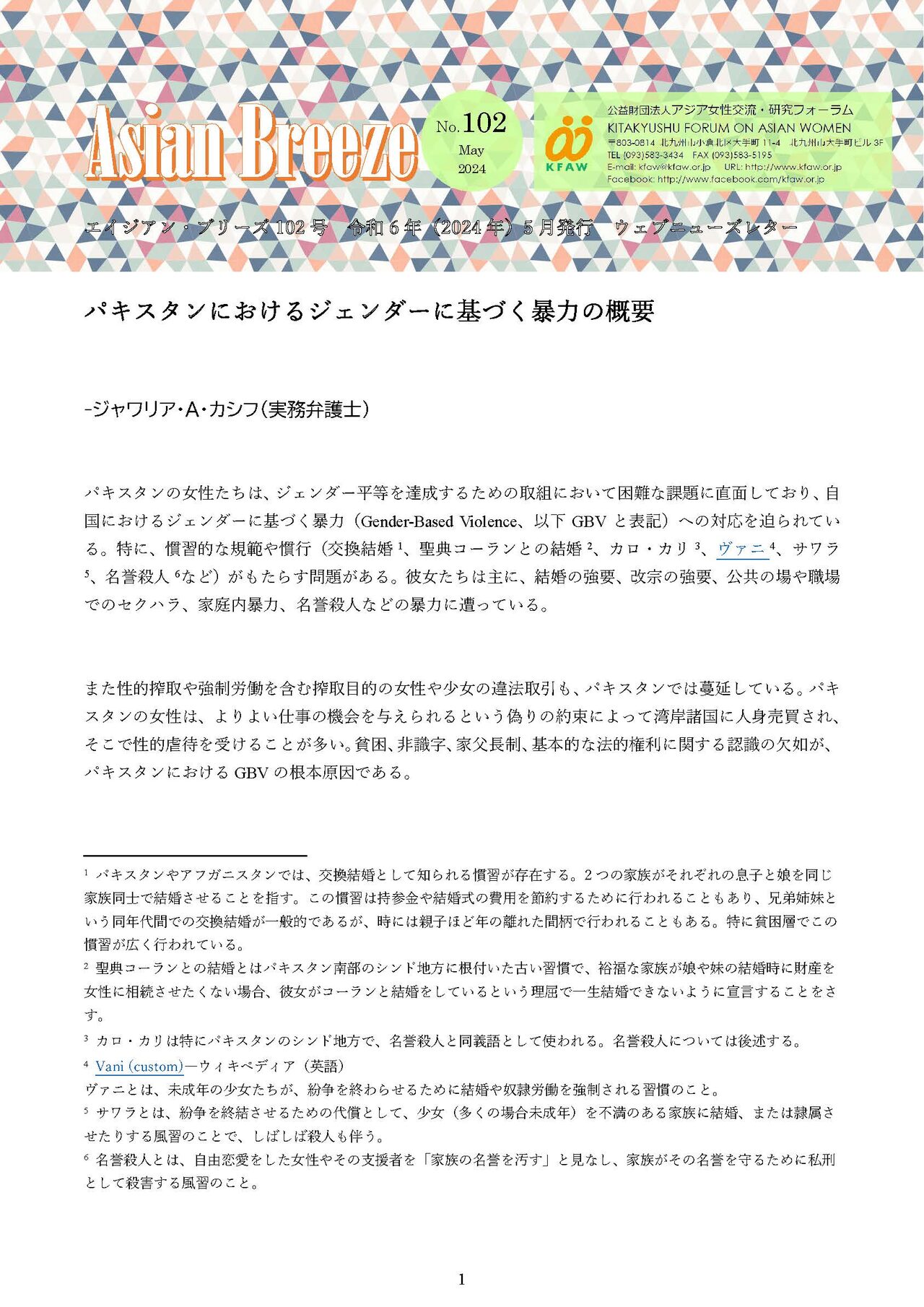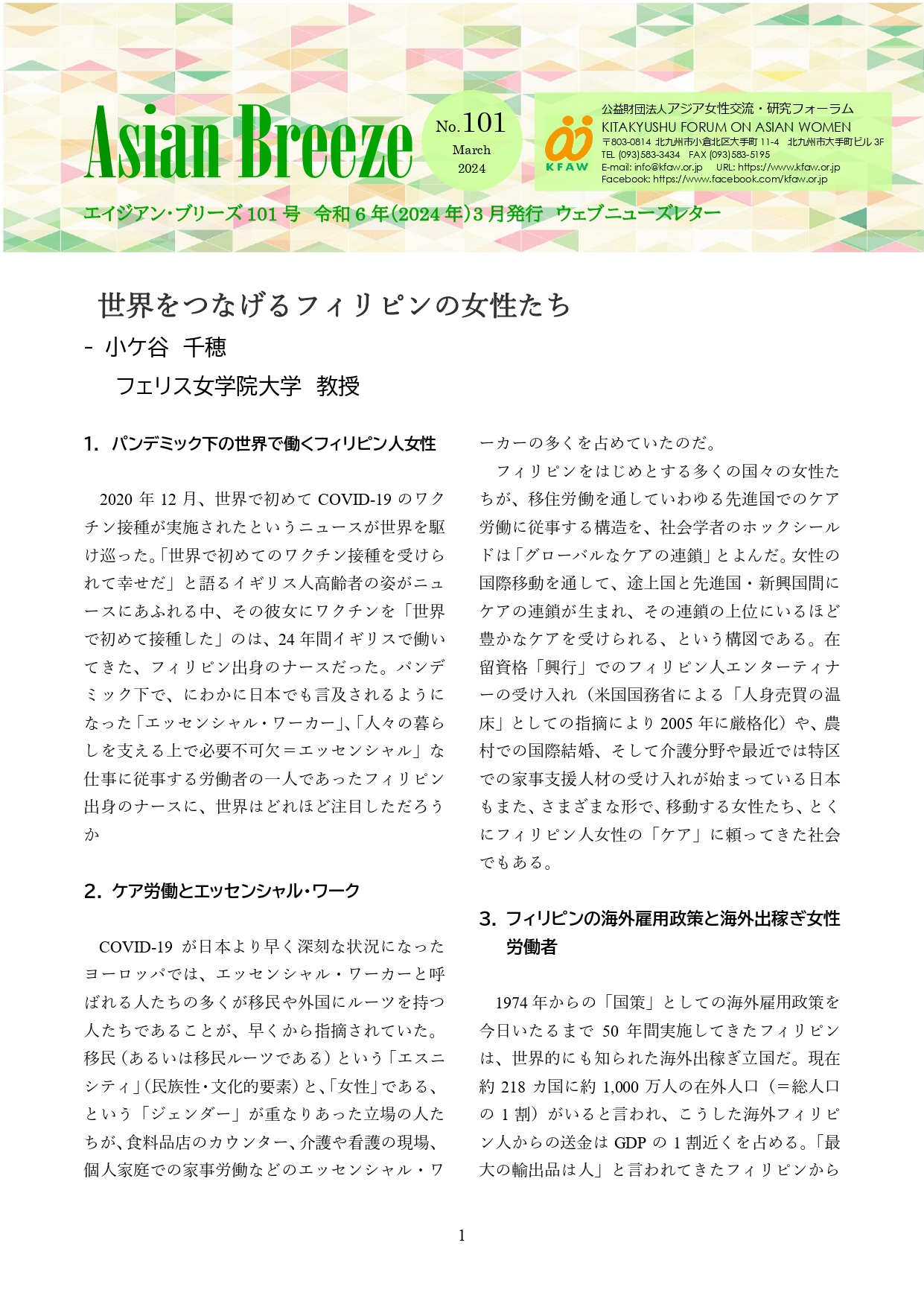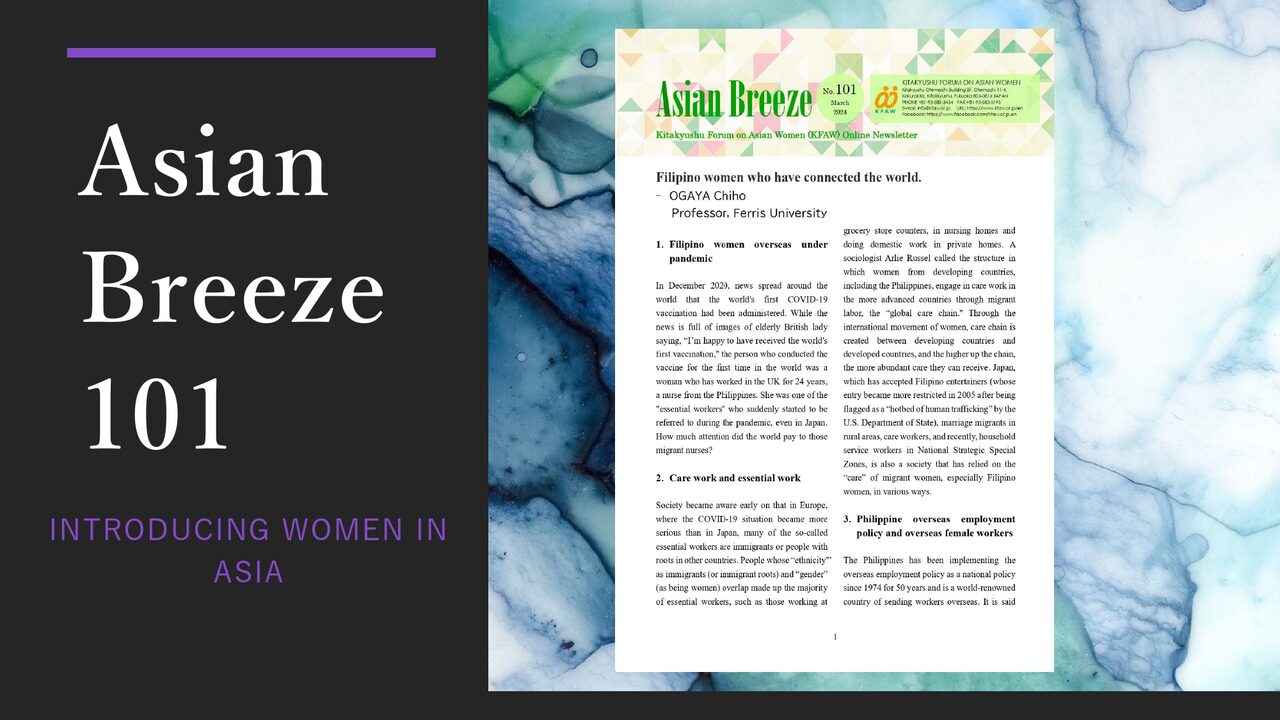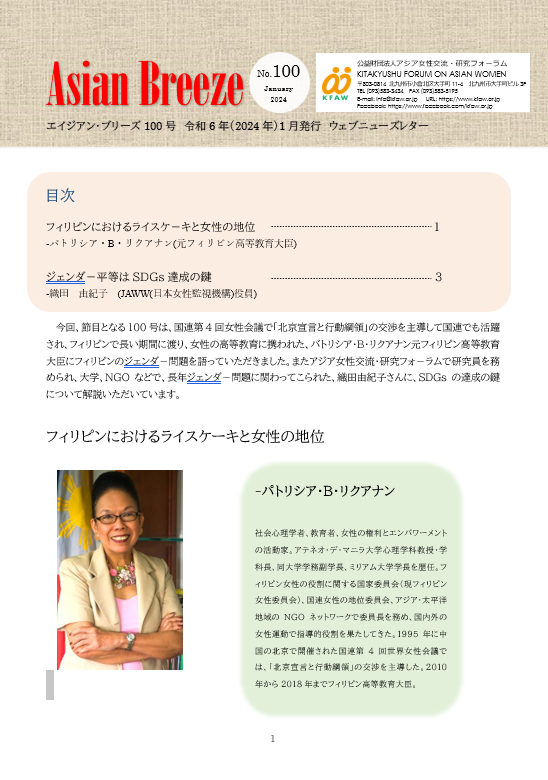Despite constitutional protections and international commitments, evidence sug-gests that GBV persists in various forms across the country. Shockingly, Pakistan ranks poorly on international indices, such as being the sixth most dangerous state for women overall and the fifth worst for domestic violence, according to a 2022 report by the Reuters Foundation.
The National Commission on Human Rights (NCHR) released a policy brief11 on March 8, 2023, reporting approximately 63,000 cases of gender-based violence (GBV) in Pakistan over a three-year period. Of particular concern is the surge in GBV that began in the first half of 2020, when a lockdown was implemented to mitigate the spread of Covid-19. While approximately 4,000 cases of GBV were reported in the first six months after the lockdown was put in place, the following two and a half years saw an average of 10,500 cases of GBV per six months. This rapid increase in GBV highlights the strong correlation between increased family time due to the lockdown and worsening domestic violence incidents.
80 percent of these cases were related to domestic violence, while some 47 percent pertained to domestic rape, wherein married women experienced sexual abuse. The data was based on reported cases; the actual number is feared to be much higher.
Between 70% and 90% of married women have experienced abuse/domestic vio-lence from their spouses at any time in their lives according to a survey on 1,000 women in Punjab, Pakistan. Violence by spouses and other male relatives against women is the most widespread form of violence in Pakistan. Early child marriage is one of the main reasons of violence by spouses. Because minor girls are not mature enough to take the responsibility of the marital life and their spouses and other relatives apply violence on them and being tender in age they cannot fight against the inhumane acts. Violence is not just restricted to physical means but psycho-logical, verbal, financial domains as well. There are a few causes that lead to such horrendous acts. The foremost being the fact that Pakistan observes a patriarchal system where male dominance is widely seen.
The recently published Punjab Gender Parity12 Report 2022 exposes the alarming frequency of incidents of violence against women. The report highlights incidents of violence against women in Punjab alone. However, other regions in the country are also contending with similar cases of violence against women. According to data13 gathered from the Office of the Inspector General of Punjab Police in the year 2022, as many as 34,854 cases of violence against women were reported in Punjab, with kidnapping being the most common crime. Also, 1,024 women were murdered during the year. Of the women murdered, 395 lost their lives in incidents of do-mestic violence, 176 in the name of honor14 and 453 due to other motives. Of all GBV cases reported in Punjab, only 4% resulted in convictions, while 96% ended in acquittals. Although there are no specific figures to determine the rate of conviction and acquittals in other provinces of Pakistan.
For achieving a violence free society where all genders and especially women have protection from violence, abuse, discrimination and exploitation, Government of Pakistan, NGO’s and advocacy groups are working together and in a result of their efforts there are a few good federal and provincial pro-women legislations15 are made and also strong institutions came into force for their implementation.
One good example of the legal developments in Punjab-Pakistan is the implemen-tation of The Punjab Protection of Women against Violence (Amended) Act 2022 (PPWAV Act 2022) which aims to protect women from domestic, sexual, psy-chological and economic abuse, stalking and cyber-crimes, perpetrated by their husband(s), sibling(s), adopted children, relatives and domestic employers. The District Women Protection Centers in Punjab-Pakistan established under Punjab Women16 Protection Authority after the said amendment in PPWAV Act 2022 are serving the GBV survivors under one roof i.e., provision of first aid, post-trauma rehabilitation, police reporting, FIR lodging, prosecution, medical examination, and forensics.
The Protection17 against Harassment of Women at the Workplace (Amendment) Act, 2022, is also a very good legislation. It expands the definition of workplaces to encompass both formal and informal workplaces. The new legislation specifically includes domestic workers, who are often at greater risk of workplace violence and harassment. This law includes an expanded definition of harassment that includes “discrimination on the basis of gender, which may or may not be sexual in nature.”
The data of the complaints received so far against harassment is given in their de-tailed report18.
The Transgender19 Persons (protection of rights) act 2018 is passed by the national assembly of Pakistan to protect them from harassment and discrimination, to provide relief and rehabilitation of rights and for their welfare. The section 13(1) of Anti-Rape20 (Investigation and Trial) Act 2021, thereof expressly prohibits two-finger virginity testing for the medico-legal examination of a survivor of the GBV. On-camera proceedings in GBV courts are also taking place so that the GBV survivor can talk about the incident respectfully.
Pakistan has moved away from being gender insensitive to being somewhat gender sensitive in their formal system after the recent positive legal developments. Paki-stani women are slowly and gradually knowing about their rights, fighting for them and raising their voices too. But there is still a long way to go and there is an urgent need for concerted effort to address and eradicate GBV in Pakistan.



















